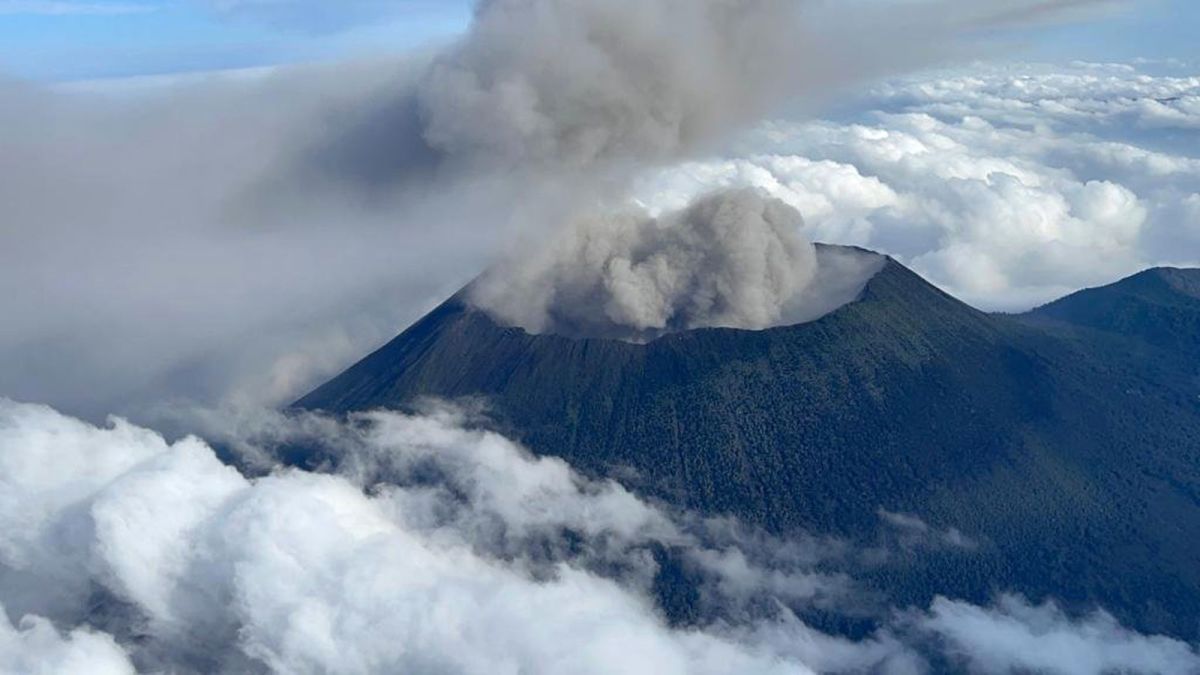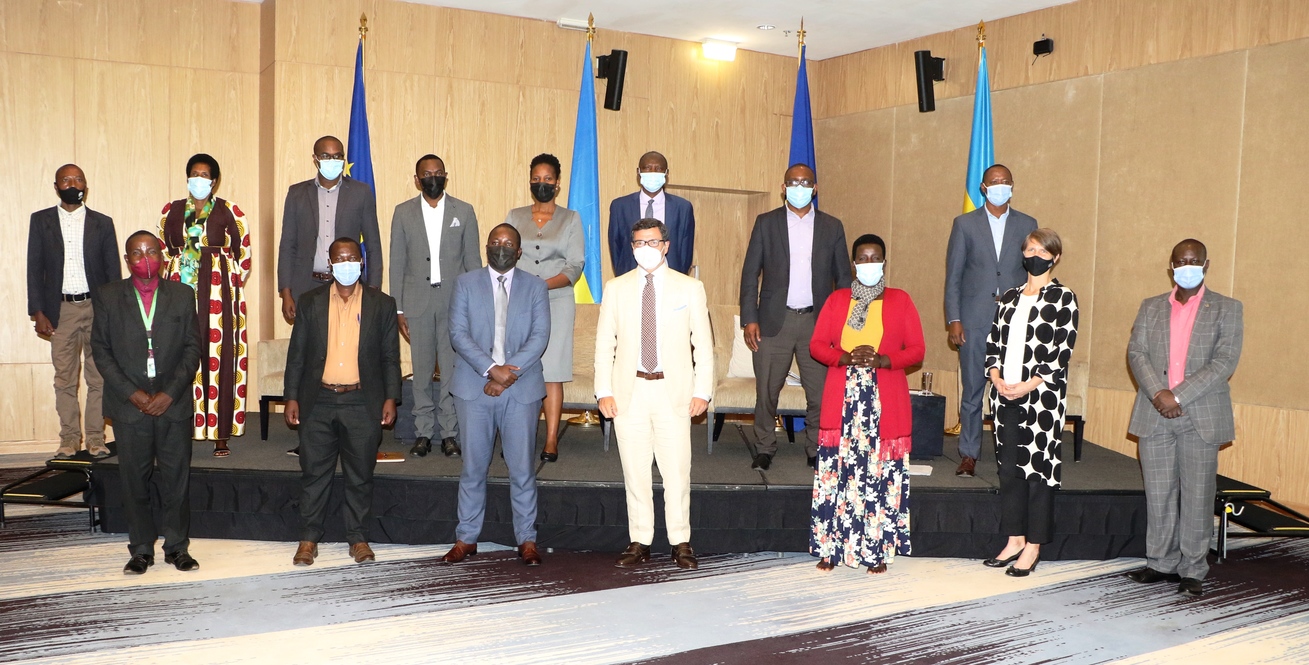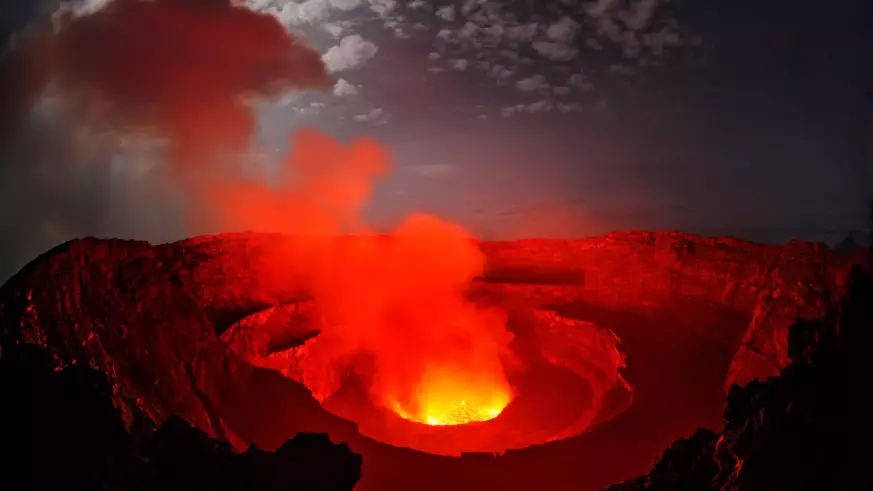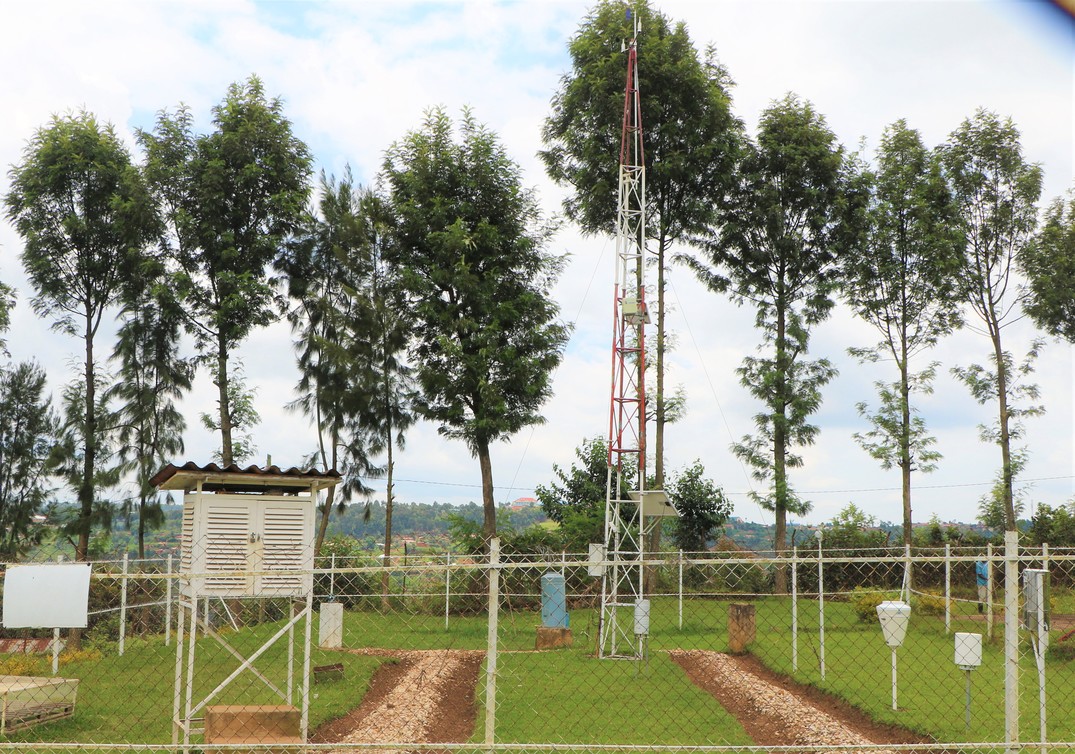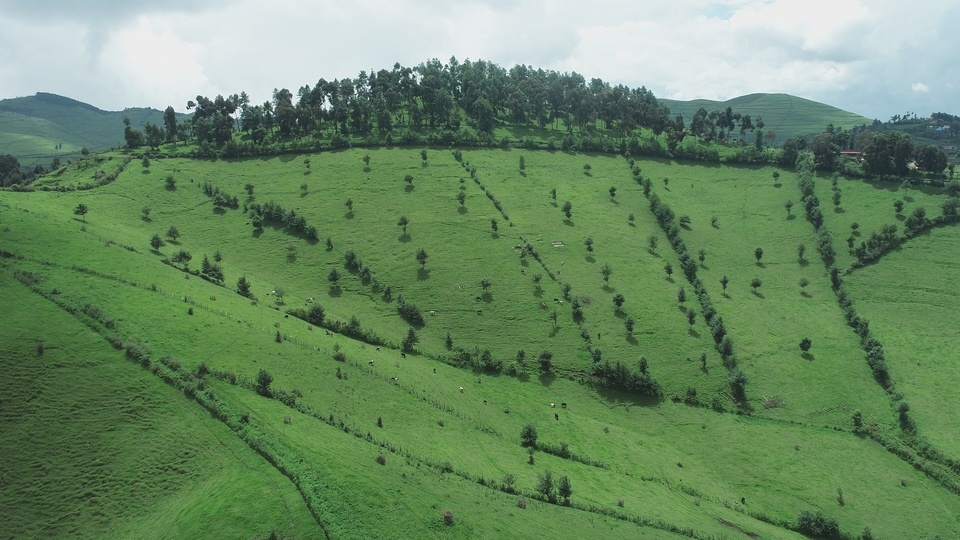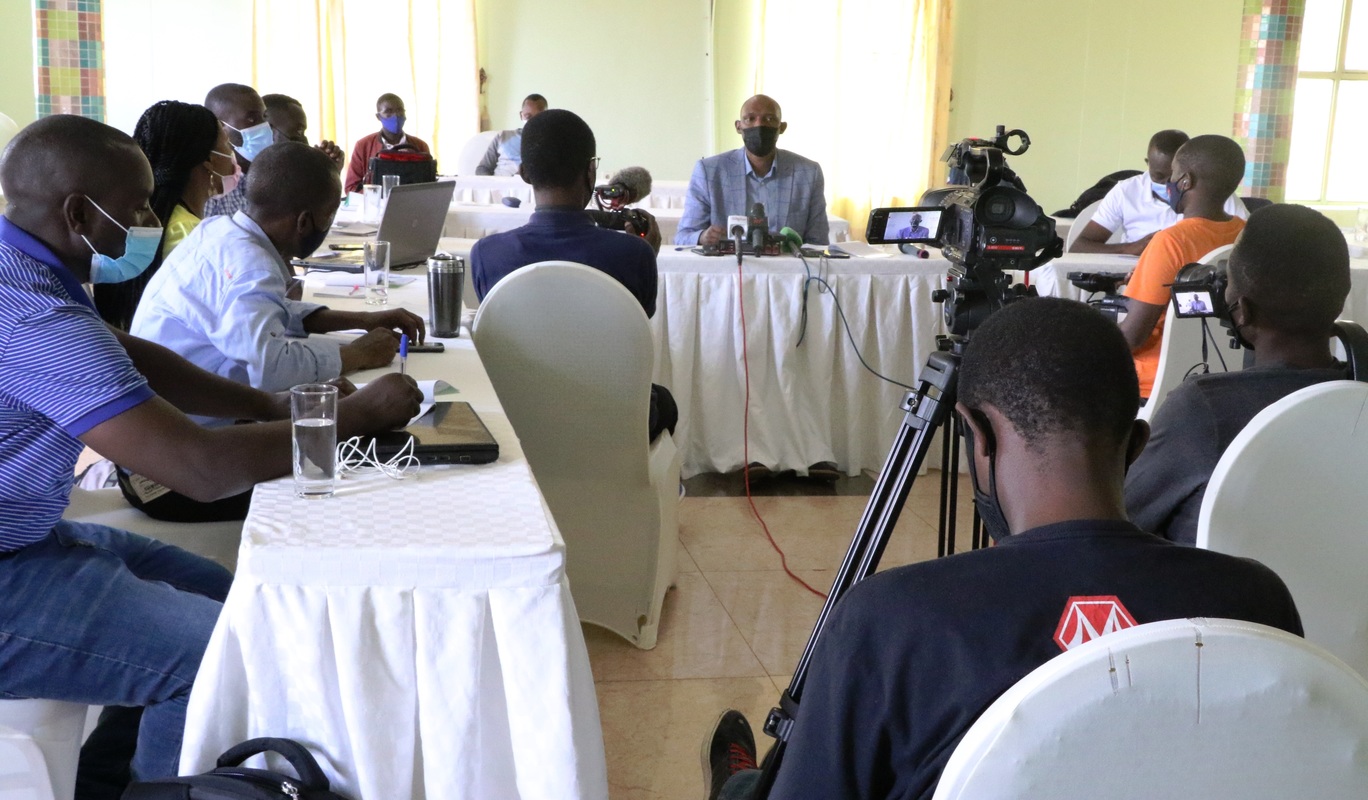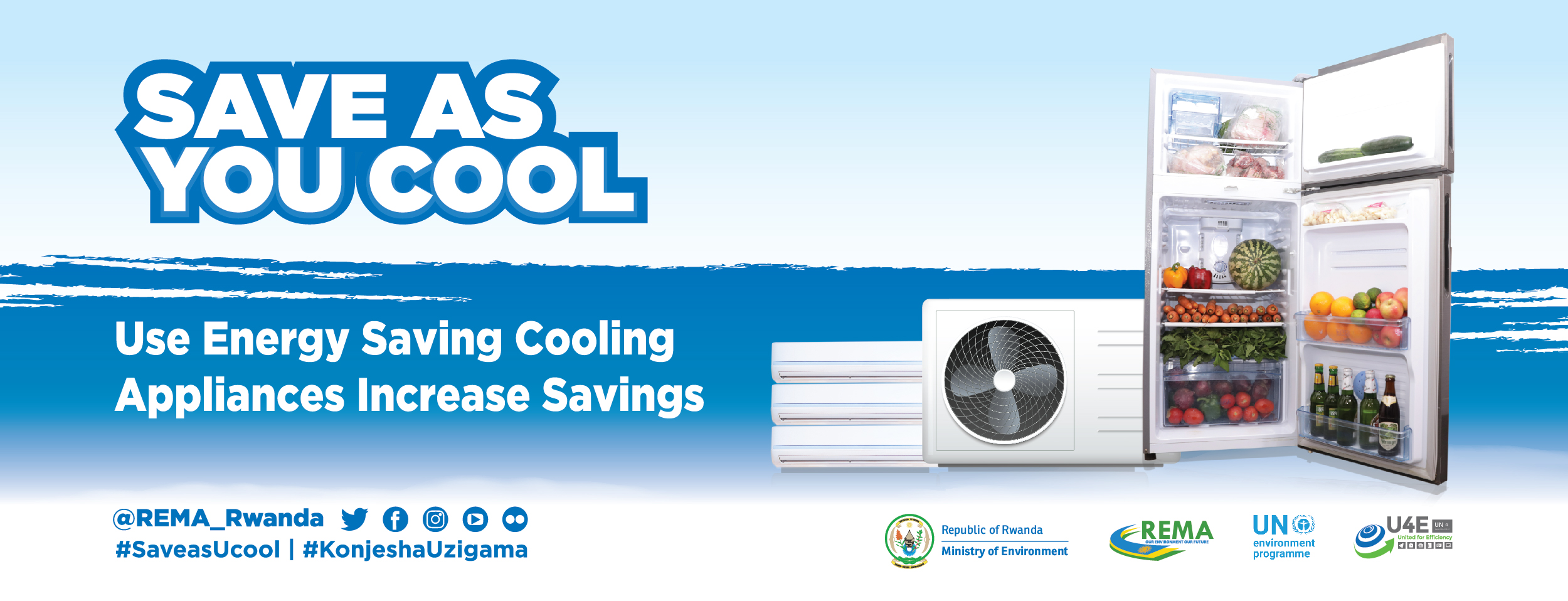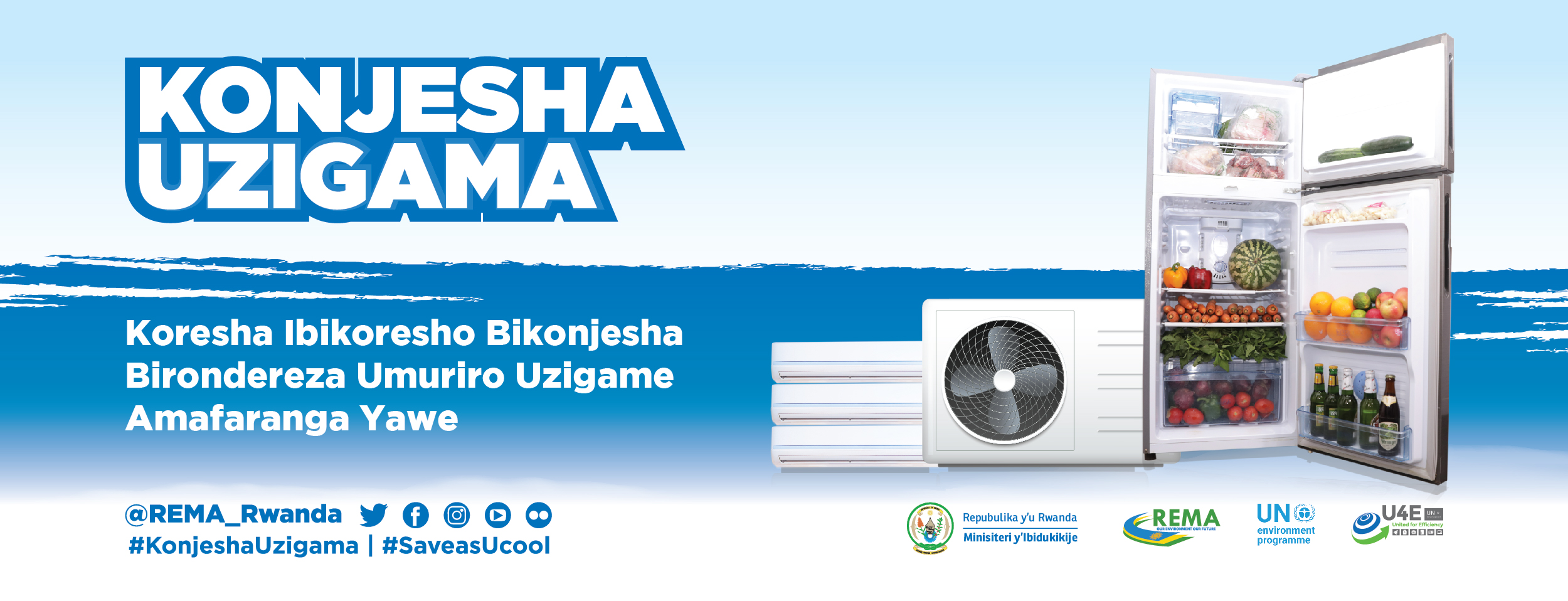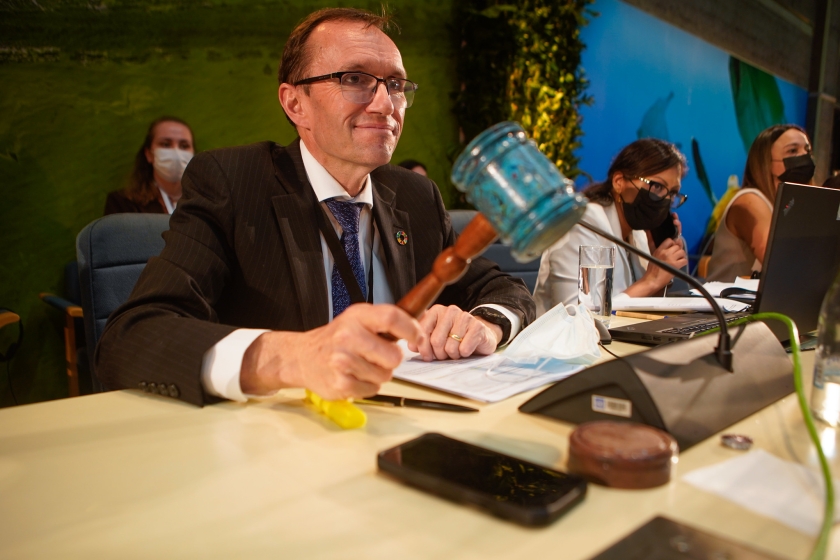
World Takes Major Step to End Plastic Pollution | UNEA 5.2 Adopts Historic Rwanda-Peru Resolution
The Fifth Session of the United Nations Environmental Assembly has today adopted a historic resolution to end plastic pollution. The resolution, which was co-authored by Rwanda and Peru, sets in motion the development of an international, legally binding instrument to end plastic pollution.
All countries - be they coastal, landlinked, or island states - are affected by the growing dependence on single-use and non-biodegradable plastics.
The resolution adopted today in Nairobi sets out the urgent need for a legally-binding global framework that takes bold action to transform humanity’s relationship with plastic. The framework will encourage regular ambition-setting and monitoring through national action plans, as well as international cooperation and knowledge-sharing.
It is vital that solutions to plastic waste are sustainable and the development of a treaty aims to achieve this. Lasting change can only come from interventions that address the full life-cycle of plastics and create a viable circular economy for plastics. This means focusing on product design and distribution, sustainable consumption as well as revolutionising waste management.
In the negotiations, the Rwandan delegation - led by Minister of Environment, Dr. Jeanne d’Arc Mujawamariya and supported by Director General of the Rwanda Environment Management Authority, Juliet Kabera - drew upon the country’s experiences of addressing plastic pollution and promoting investment in sustainable alternatives.
“We are delighted that the international community has adopted the Rwanda-Peru resolution to end plastic pollution. This decision is a historic milestone in the global effort to prevent our planet from drowning in plastics. We are proud of the role we have played so far, and we are optimistic about the once-in-a-lifetime opportunity nations now have to create a legally-binding framework which commits us all to a more sustainable future,” Minister Mujawamariya said.
“Rwanda has experienced first-hand the impact of plastic pollution. We have seen the toll it has taken on our natural environment, as well as on our people,” the Minister added. “This is why we have taken ambitious action against plastic pollution. In 2008, Rwanda was one of the first countries to ban single-use polythene plastic bags, and in 2019, we passed a transformative law which began phasing out all single-use plastics.”
The passing of the resolution, and eventual creation of a global treaty, will facilitate international cooperation through networks of technology and knowledge sharing, as well as on creating appropriate mechanisms for investment. This collaborative spirit will ensure the world can take full advantage of the economic opportunities created by a viable and vibrant circular economy for plastic.
The Government of Rwanda is optimistic, given the strong international will for change on this matter, that negotiations can continue to progress over the coming years as the treaty is developed. The planet needs a strong solution to the growing global threat of plastic pollution as soon as possible.
That’s why Rwanda is bringing together a like-minded group of nations to create the High Ambition Coalition to End Plastic Pollution. The coalition will work with the Intergovernmental Negotiating Committee as it develops the treaty, and advocate for urgent action to protect human health, biodiversity, and our climate. The goal of the coalition is to drive ambitious action during the negotiating process.
The coalition is co-chaired by Rwanda and Norway and counts as members countries from around the world - both coastal and land-linked - a reflection that plastic pollution is a planetary crisis, a threat which affects us all. Rwanda and Norway invite all Member States to join the High Ambition Coalition to End Plastic Pollution.
Topics
More posts
Nta ngaruka iruka rya Nyiragongo ryagize ku kiyaga cya Kivu – Ubushakashatsi bwa REMA
Ishami rishinzwe kugenzura ikiyaga cya Kivu ryo mu kigo cy’Igihugu cyo Kubungabunga Ibidukikije (REMA) ryatangaje ko nta mpungenge zihari z’uko gaz yo…
“We Are Part of the Solution for Nature”_ Slogan of This Year International Day for Biological Diversity
On 31 May 2021, Rwanda marked the International Day for Biological Diversity. The celebration event was hosted by the Delegation of the European Union…
No imminent risk of Gas outburst is expected on Lake Kivu following Nyiragongo Eruption – REMA findings
The Lake Kivu monitoring team from Rwanda Environment Management Authority (REMA) based in Rubavu District, has come up with a conclusion that there…
Air Quality Monitoring: Rwanda On The Right Track
Since 2017, the Ministry of Education (MINEDUC) and Rwanda Environment Management Authority (REMA) have been implementing the Air Quality and Climate…
How Silvopastoralism approach is contributing to sustainable and efficient livestock production around Gishwati-Mukura National Park
A couple of decades ago, it was not that easy to find a single tree in the rangelands around Gishwati-Mukura National Park.
This was not only a…
Bakeries step to eliminate plastic bags and single-use plastics
In line with the awareness on the harmful effects of plastic bags and single-use plastics, Rwanda Environment Management Authority held a two-day…
REMA trains Media practitioners to increase their engagement in environment protection
Rwanda Environment Management Authority (REMA) has trained different Media practitioners on different laws and policy on environment and climate…
REMA and UNEP’s U4E Launch Efficient Cooling Awareness Campaign
The Rwanda Environment Management Authority (REMA) in partnership with the United Nations Environment Programme’s United for Efficiency launches today…
REMA yatangije ubukangurambaga bw'ibikoresho bikonjesha bitangiza ikirere
Ikigo cy’Igihugu cyo Kubungabunga Ibidukikije (REMA), ku bufatanye n’Ishami ry’Umuryango w’Abibumbye Rishinzwe Kurengera Ibidukikije (UNEP) binyuze…
